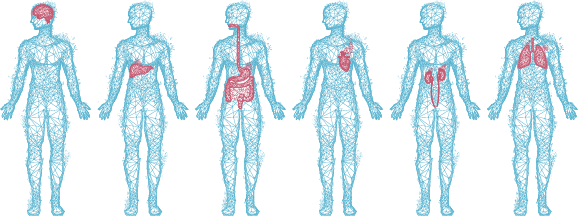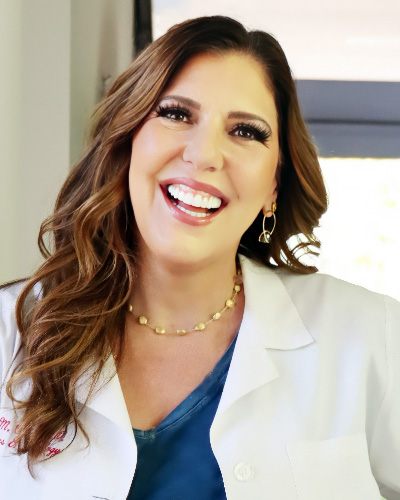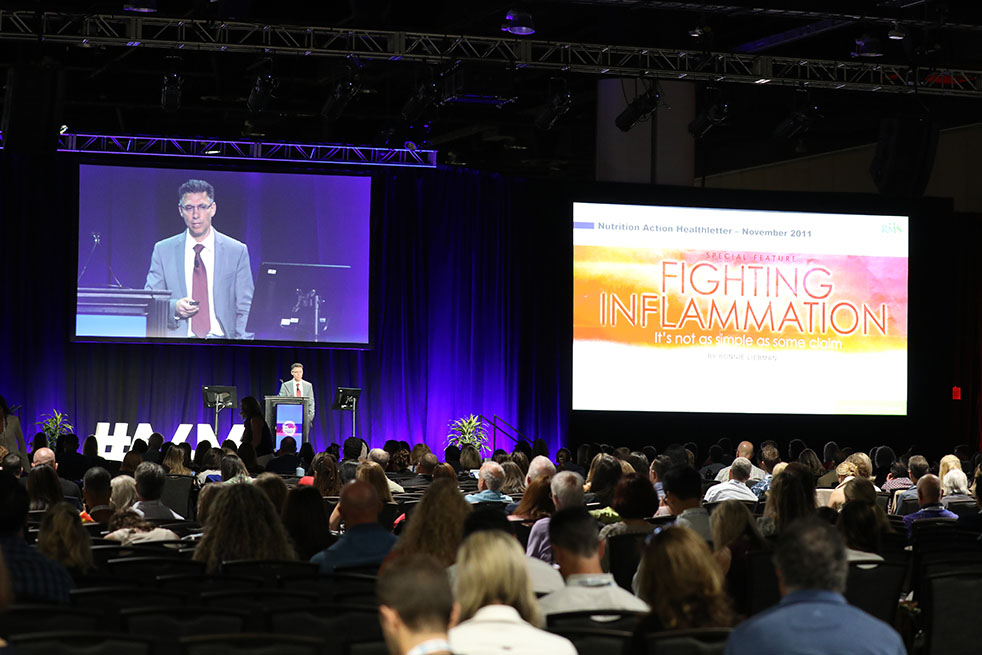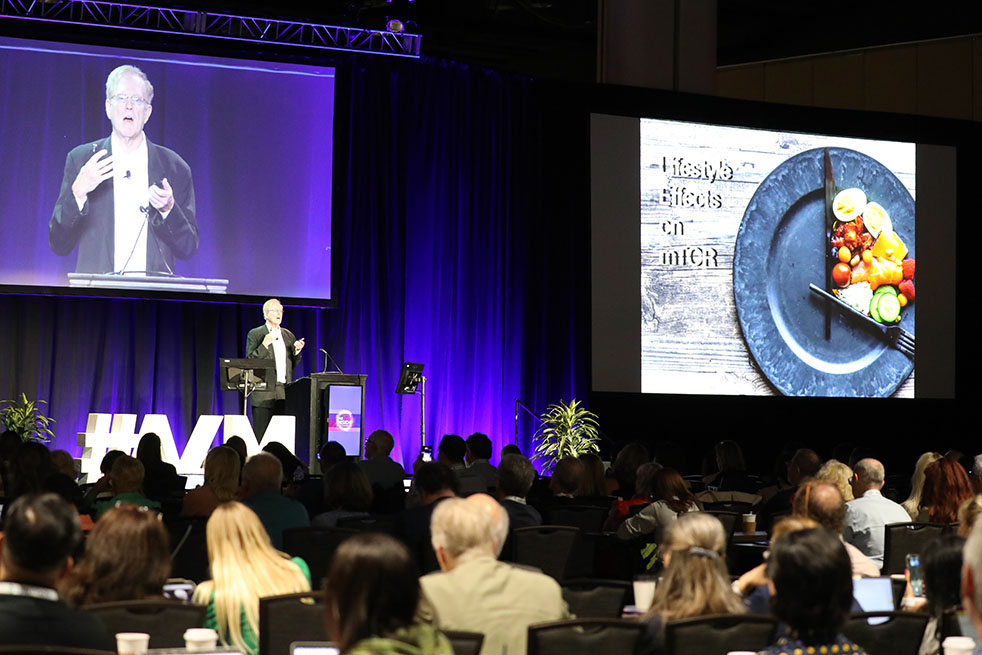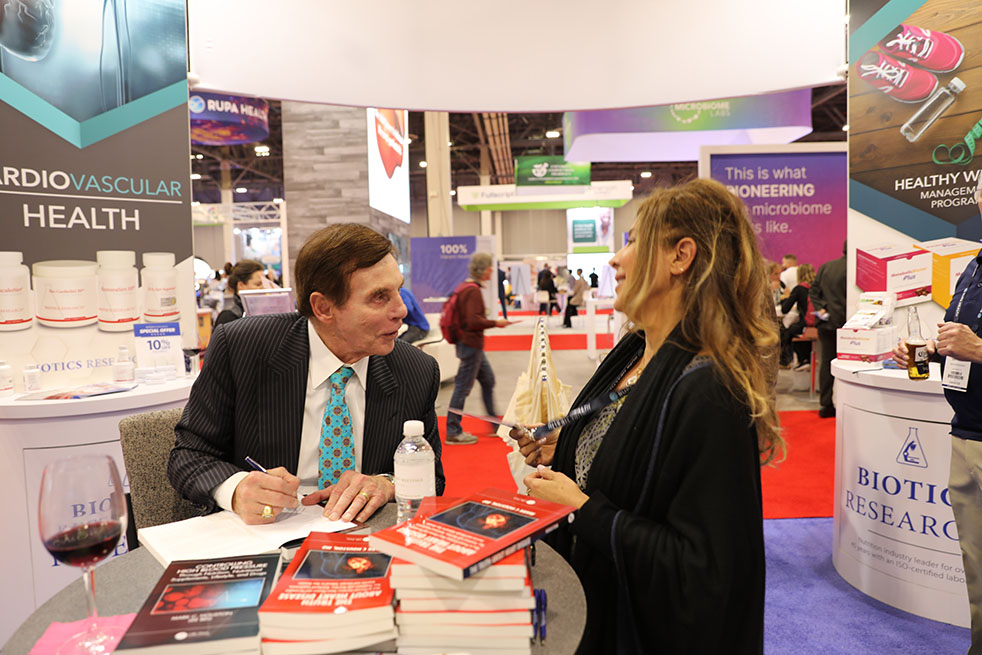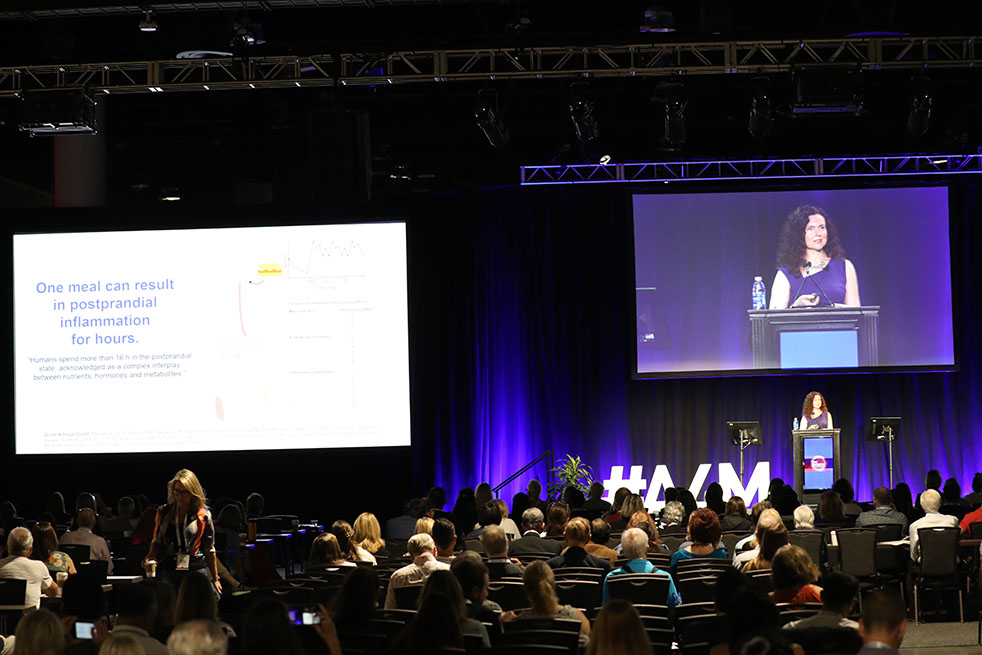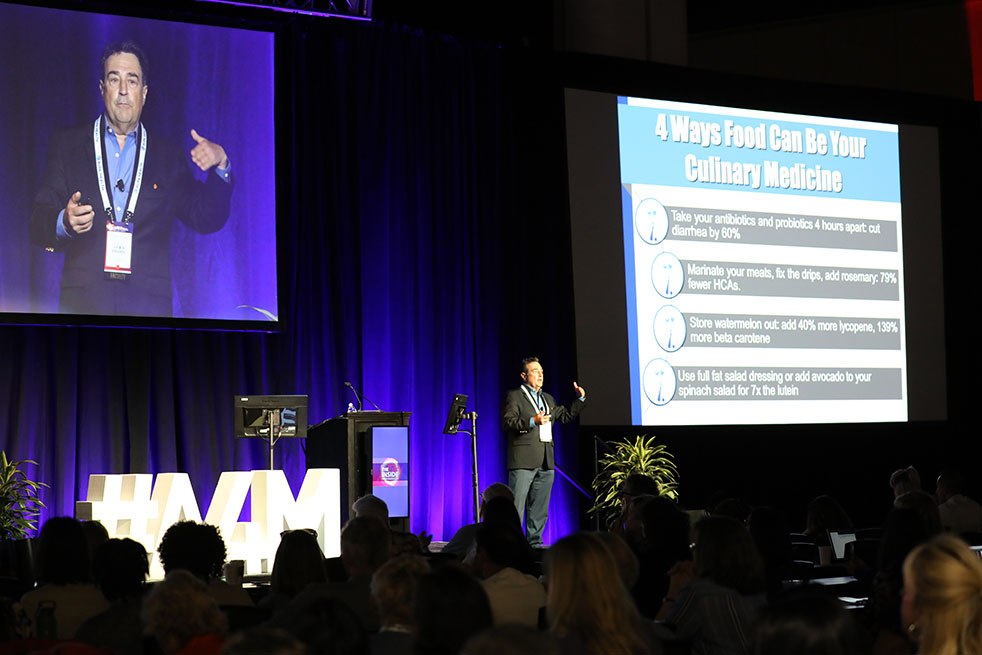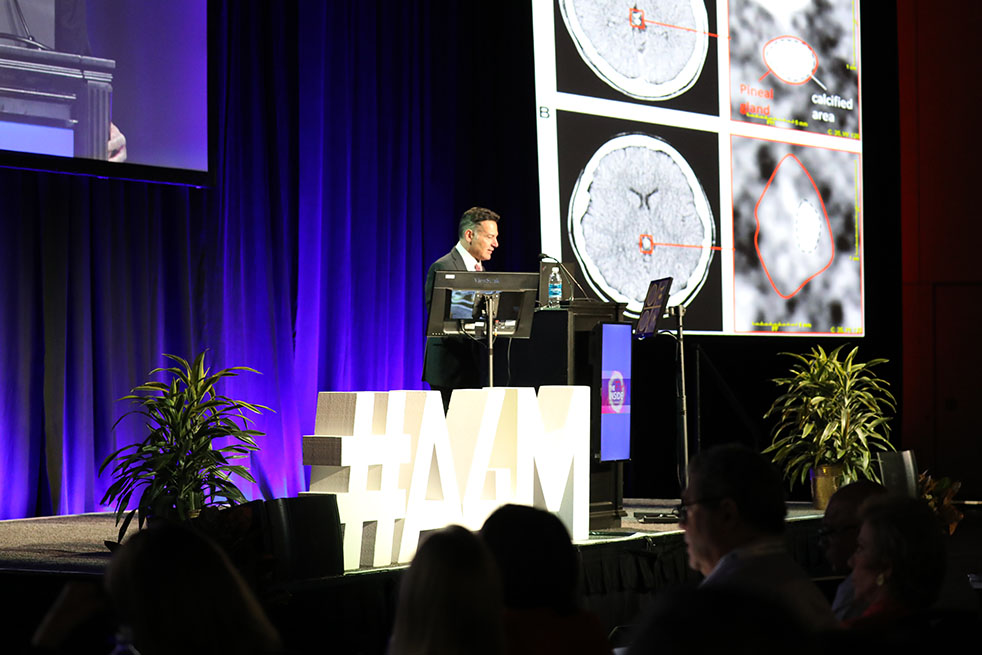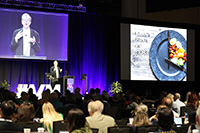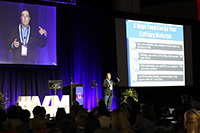The pervasive grip of metabolic diseases across the world, notably affecting populations in higher-income and emerging industrialized nations, constitutes the most substantial preventable burden of non-communicable diseases in these regions.
The emergence of the COVID-19 pandemic has starkly illuminated the potential havoc that can be wrought by a single viral pathogen when exploiting comorbidities stemming from metabolic dysfunction. This crisis serves as a poignant reminder of the pressing necessity to address the fundamental issues contributing to metabolic dysfunction, especially among the younger demographic, who would otherwise face heightened vulnerability to both chronic and infectious diseases.
Metabolic diseases, contributing significantly to leading causes of preventable and premature deaths such as ischemic heart disease, stroke, various cancers (breast, prostate, colorectal), obesity, type 2 diabetes, and low bone mineral density, are influenced by a multitude of factors.
Key Factors
associated with metabolic disease, that we aim to cover
Keynote Speakers

Board Certified
- Integrative Medicine, Holistic Medicine
- Functional Medicine an Pediatrics
Licensed
- Acupuncturist and Nutritionist
Contributor
- Today Show
Author
- The Hormone Shift - newly released
Dr. Taz MD is a champion of superwomen, integrative health and wellness expert, innovative entrepreneur, and a leading holistic doctor in Atlanta. She is a board certified physician who gained national recognition with her best-selling books, “What Doctors Eat,” “The 21 Day Belly Fix,” and the breakthrough “Super Woman RX.” A leading holistic doctor in Atlanta, Dr. Taz cares deeply for her patients and strives to help them achieve holistic health.

Recognized by Forbes as one of the top fifty female futurists globally, for nearly 40 years, Maddy Dychtwald has been deeply involved in exploring all aspects of the age wave and how it’s fundamentally transforming our lives and the world at-large. This has led her to become an award-winning author, acclaimed public speaker, and thought leader on longevity and aging, health, wellness, and the new retirement.

Dr. Rhonda Patrick earned her Ph.D. in Biomedical Science from the University of Tennessee at Memphis, subsequently completing a post-doctoral fellowship in Nutritional Biochemistry at the Children's Hospital Oakland Research Institute in Oakland, CA. Her published research explores the intricate connections between micronutrient deficiencies, aging, and age-related diseases.
Featured Speakers
Schedule
Saturday, May 4, 2024
NON-CME Breakfast Sponsored by Microbiome Labs
*Open to the First 100 Registrants*
Ballroom B
Lacey Hall, MS, RD
General Session
7:30 AM – 11:15 AM
Mark Rosenberg, MD
Anna Cabeca, DO, FACOG
Thierry Hertoghe, MD
James LaValle, RPh, CCN, MT, DHM, DHPh
Mark Houston, MD
Rhonda Patrick, PhD
Robert Goldman, MD, PhD & Ronald Klatz, MD, DO
Afternoon Sessions
Session 1: Introduction to Bio-Identical Hormone Replacement
Thierry Hertoghe, MD
Thierry Hertoghe, MD
Thierry Hertoghe, MD
Afternoon Sessions
Session 2: Navigating Metabolic Turbulence: A Holistic Approach to Health
Chris Shade, PhD
Yousef Elyaman, MD, IFMCP
Nayan Patel, PharmD
Gordon Crozier, DO
Derrick DeSilva, Jr. MD
Christopher Wakely, ND
Afternoon Sessions
Session 3: Gut Health: A Key Player in Metabolic Resilience
Gerard Mullin, MD
Lyn Patrick, ND
Adam Perlman, MD, MPH
Michael Chapman, ND
Joseph Purita, MD
David B. Wright, MD
Afternoon Sessions
Session 4: Nourishing Health: Optimizing Nutrition, Decoding Metabolic Dysfunction and Unveiling Genetic Influences
Yael Joffe, PhD
Kim Bruno, DC, CCN
Lisa Portera-Perry, DC, IFMCP
Pamela Smith, MD, MPH, MS
Joel Kahn, MD, FACC
Sheldon Jordan, MD
NON-CME Evening Workshops
Ballroom B
Sponsored by TA Sciences
Gordon Crozier, DO, ABAARM, FAAMM
Ballroom A
Sponsored by TrueBinding
Dr. William Gael, Dr. Arbella Sarkis, John Bumb
Sunday, May 5, 2024
NON-CME Breakfast Sponsored by Calroy Health Sciences
*Open to the First 100 Registrants*
Ballroom B
Helen Messier, MD
General Session
7:30 AM – 11:00 AM
Joel Kahn, MD
Erika Schwartz, MD
Jarrod Spencer, PsyD
Maddy Dychtwald
Taz Bhatia, MD
Afternoon Sessions
Session 1: Hormone Harmony: Strategies for a Healthier Tomorrow
Lylen Ferris, ND
Deanna Minich, MS, PhD, FACN, CNS, IFMCP
Douglas E. Lucas, DO, FAAMM
Terri DeNeui, DNP, APRN, ACNP-BC
Ivan Rusilko, DO, CSN, PT
Afternoon Sessions
Session 2: Metabolic Symphony: Understanding the Interplay of Health and Wellness
Paul Harch, MD
Branson J. Collins MD, FAAMFM, ABAARM
Sharon Hausman-Cohen, MD, FAAFP, ABOIM
Erik Modlo, MD, MBA, IFMCP
Afternoon Sessions
Session 3: Precision Insights: Diagnostics in Clinical Practice
Leonard Pastrana, PharmD
Chris Mirabile
Nathan Bryan, PhD
Ian White, PhD
Afternoon Sessions
Session 4: Harmony in Health: Exploring Holistic Wellness and Metabolic Heatlh
David Brady, ND, DC, CNS, DACBN
Deepa Verma, MD
Thomas Guilliams, PhD
Sangeeta Pati, MD
Registration
Hotel Information



Canopy By Hilton West Palm Beach - Downtown
380 Trinity Place, West Palm Beach, FL 33401
Phone: 561-693-1535

Hyatt Place West Palm Beach - Downtown
295 Lakeview Avenue, West Palm Beach, FL 33401



